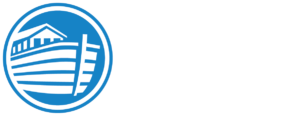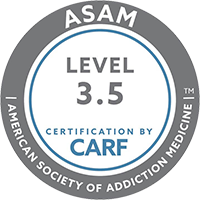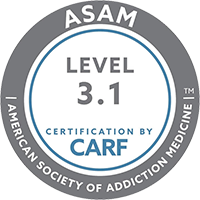We are focused on treating the whole person—mind, body, and spirit—we’ve built a four-phase program that prepares loved ones for long-term recovery.
We realize one of the biggest obstacles is figuring out how to find access to care for your loved one. Our dedicated and professional intake team is available 24/7 to take you step by step through the process.
We’ve learned nobody is ever too far gone to rebuild their life and family relationships.
“You saved my life by getting sober.” Watch the moving story of Loretta Smith and Travis Blair, a mother and son who experienced complete restoration through recovery.

Address
16386 US-23, Louisa, Kentucky 41230
Phone
(606) 638-0938




